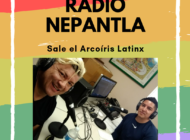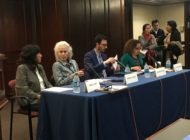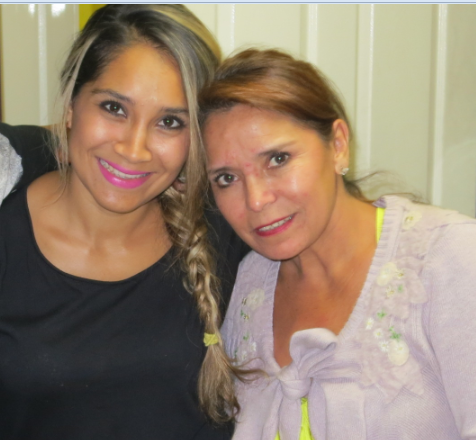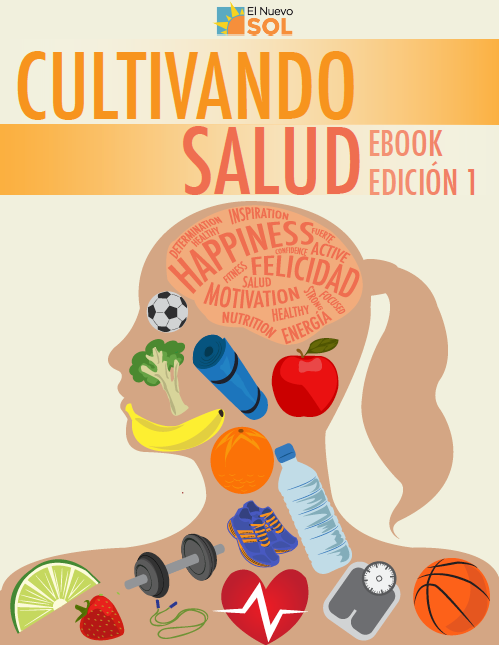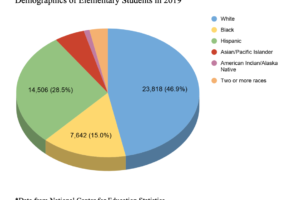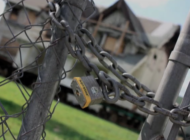After 10 years of not seeing her family, Lopez recalls getting a phone call from her family in Mexico to tell her that her grandmother and her cousin had passed away.
BY KAREN RUIZ
EL NUEVO SOL
The United States is a destination for many immigrants since the colonial era, making up more than 13 percent, or more than 47 million people of the United States population. However, emigrating has become harder and harder over the past few years and immigrants continue to face many challenges.
Many individuals migrate to the United States in hopes to better their lives, others to escape the violence in their home country, and many are forced to leave in order to survive, causing these individuals to not only leave their culture and their customs behind but also their family.
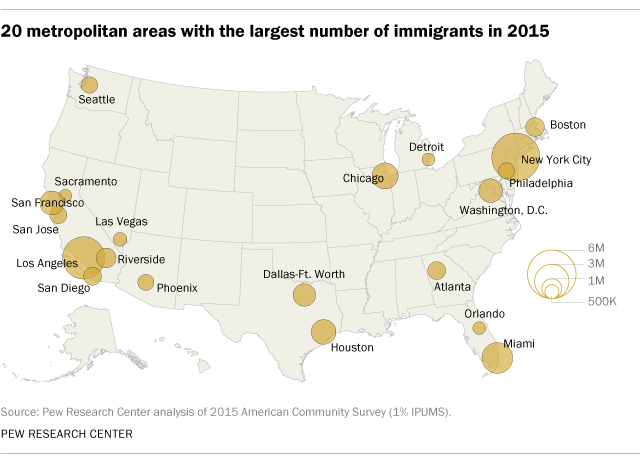
For the majority of immigrants, crossing the border is only a small portion of the difficulties and struggles they face. Those who are able to cross the border and stay in the United States encounter the language barrier and the most difficult of all, having to be alone in a country they don’t know.
According to Vox, from April 19th to May 31st of 2019 there were 1,995 immigrant families separated. This means that on average there were 46 families being separated each day and according to the “Pew Research Center,” 10.5 million of the immigrants that live in the United States are not able to return to their home country.
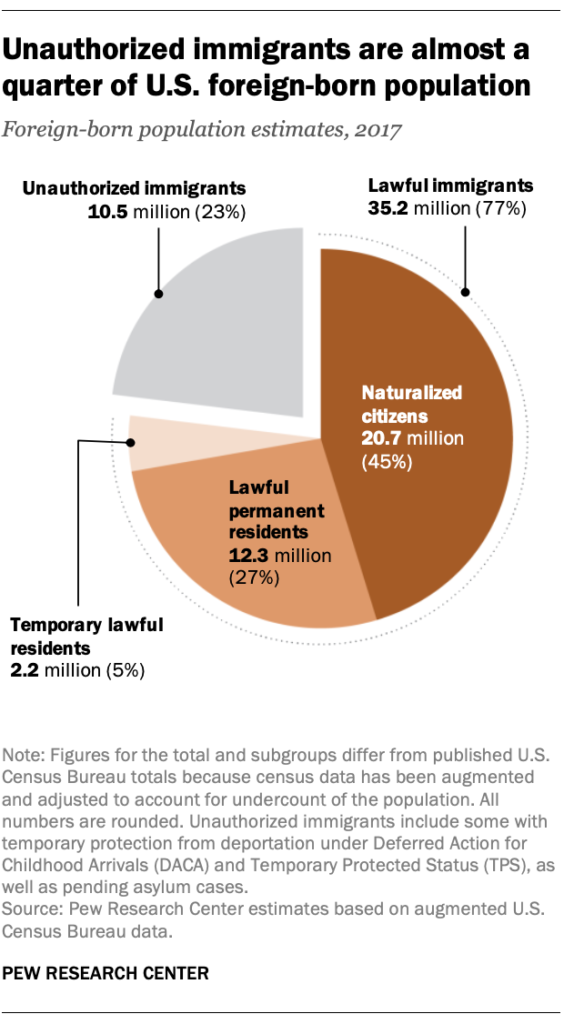
This becomes a bigger issue when individuals aren’t able to visit relatives who are sick or even attend funerals of their loved ones.
Adriana’s father after his cardiovascular stroke.
Adriana Lopez an immigrant from Mexico City was forced to leave her home country due to the government corruption her country was going through.
For Lopez, the act of crossing the border wasn’t something she feared or worried about. The idea of leaving behind her family and career left her with a heavy heart and sorrow.
After 10 years of not seeing her family, Lopez recalls getting a phone call from her family in Mexico to tell her that her grandmother and her cousin had passed away. Not only that but most recently her father had a cardiovascular stroke and is still in recovery.
Behavior Analyst Herman Marinero explains that in order to be able to grief as all humans should after losing a loved one, there must be a sense of unity among the family. This is something that usually doesn’t happen with immigrants who are alone away from their family and their home country.
As a Behavior Analyst, Marinero has also worked with many immigrant families and has seen the ways they cope with the loss of a loved one. One of the situations Marinero mentions is about one of his clients having a brother that passed away in Mexico. “The mom of my client called me to cancel services and when I asked if everything was ok, she told me her brother had passed away and she needed a couple of days to grief. When I was in their home days later, she didn’t talk about it, but they had an altar of him with candles and pictures of when he was younger and that has been up there for years,” Marinero said.
Marinero explains that due to the way the mom of his client spoke, the way she acted, and how she behaved, having an alter was her way of having closer and saying goodbye to her brother since she wasn’t able to attend his funeral. For this individual having an alter is her way of grieving and being able to process her brother’s death.
As a personal experience, Marinero shared the story of his uncle and how he couldn’t attend his brother’s funeral due to being undocumented.
It is a struggle for immigrants to cross the border, but life doesn’t get easier once they’re in the country. It is difficult to grasp the hardships of emigrating to a new country to improve your life while leaving your loved ones behind. Especially the heartbreaking situation of losing someone and not being able to mourn the loss with your family and friends.
Tags: Adriana Lopez health Herman Marinero immigrants Karen Ruiz mental health







